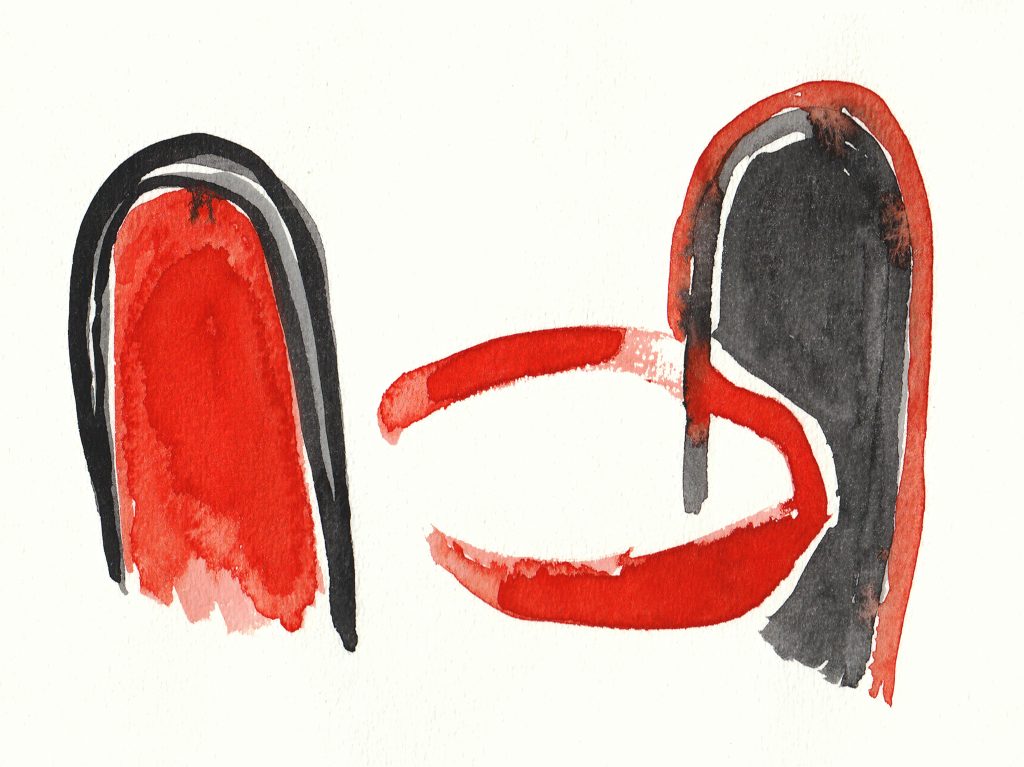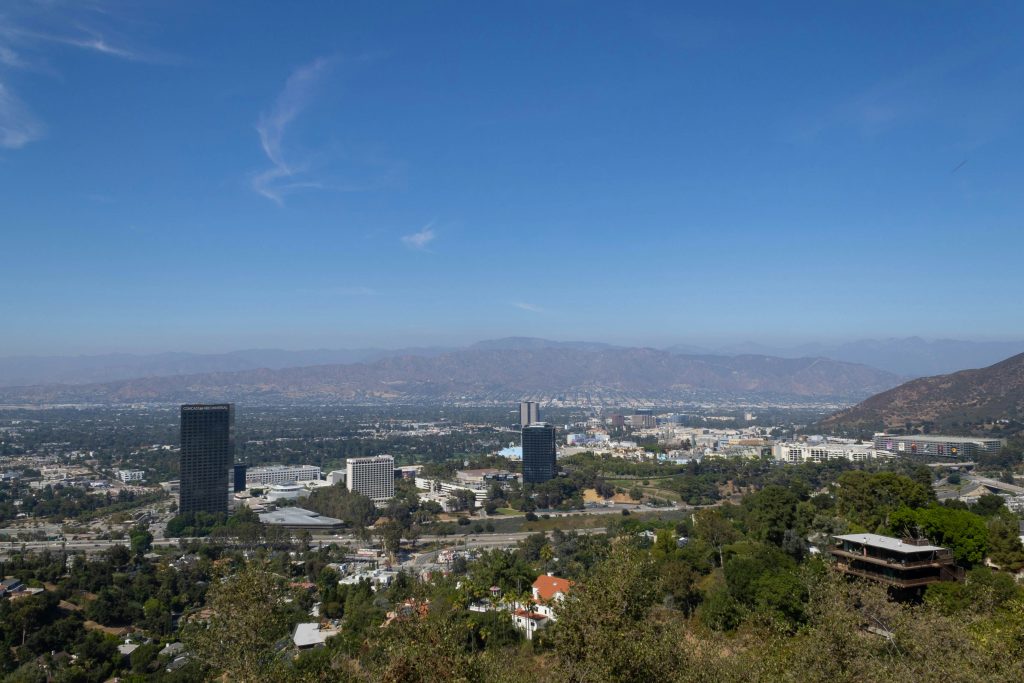Meta’s CEO Reflects on Censorship Pressures from the Biden Administration
In a candid revelation, Meta’s CEO Mark Zuckerberg has openly acknowledged the pressures his company faced from the Biden-Harris administration, particularly during the tumultuous period of the COVID-19 pandemic. In a letter addressed to the House Judiciary Committee, Zuckerberg expressed his regret over the decisions made by Meta to censor certain content on its platforms, Facebook and Instagram. The admission has sparked a renewed discussion on the intersection of government influence and social media governance.
Zuckerberg articulated his concerns about the implications of such pressures, highlighting a significant moment in the ongoing debate about free speech and the role of social media companies in moderating content. The CEO admitted that he had succumbed to the pressures exerted by the White House, which he described as ‘repeatedly’ urging Meta to take action against specific posts that were deemed controversial or misleading in the context of the pandemic.
This revelation is particularly critical as it sheds light on the complexities faced by tech giants when navigating government relations and public expectations. Zuckerberg’s regret stems from a belief that by yielding to governmental requests, Meta may have compromised its commitment to free expression, a principle that is central to the platform’s identity.
The letter has raised eyebrows among policy-makers and the public alike, as it indicates a possible overreach of governmental authority into the operations of private companies. Critics argue that such actions could set a dangerous precedent, where government influence dictates the boundaries of acceptable discourse online.
The ramifications of Zuckerberg’s admission extend beyond just Meta; they call into question the broader relationship between social media platforms and government entities. As these platforms become increasingly integral to public discourse, the need for clear guidelines and boundaries regarding censorship and content moderation is more pressing than ever.
Furthermore, this incident highlights a growing concern among users regarding transparency in how social media platforms manage content. Zuckerberg’s acknowledgment has led to calls for more robust policies that protect users’ rights to free speech while also addressing the challenges posed by misinformation and harmful content.
As the dialogue continues, it remains to be seen how Meta will navigate these challenges moving forward. The company has been under scrutiny for its role in shaping public conversations, and this latest development may lead to further scrutiny regarding its policies and practices.
Zuckerberg’s reflections may also serve as a catalyst for legislative changes aimed at clarifying the extent of government influence over social media platforms. Lawmakers may now be more inclined to explore regulations that ensure a balance between government oversight and the autonomy of tech companies.
In conclusion, as Meta grapples with its role in the digital landscape, Zuckerberg’s recent statements underscore the critical need for dialogue regarding the balance of power between government and private enterprise in the realm of digital communication. This situation may very well define the future of social media governance and the principles of free expression in an increasingly interconnected world.
Tags: Censorship, Government Pressure, Mark Zuckerberg
Dennis Quaid Takes a Stand Against Censorship in Hollywood and Social Media
In a recent discussion with Joe Rogan, actor Dennis Quaid opened up about his experiences during the filming of his new biopic about President Ronald Reagan. Quaid revealed that while working on the project, he faced attempts to cancel him, highlighting the challenges artists face in a politically charged environment.
The conversation between Quaid and Rogan brought to light the ongoing issue of censorship within Hollywood, particularly regarding conservative viewpoints. Quaid expressed his concerns about the prevailing culture in the industry, which he believes is increasingly hostile towards those who hold differing political beliefs.
Quaid’s remarks come in the wake of controversy surrounding Facebook’s handling of promotional content for his film. The platform faced backlash for allegedly throttling the promotion of the Reagan biopic, leading Quaid to call out Mark Zuckerberg for the censorship. In a surprising turn of events, Facebook later admitted to its error, acknowledging that it had mistakenly blocked promotional posts due to their political content.
The actor’s outspoken nature during the interview resonated with many who feel similarly marginalized in creative spaces. Quaid pointed out that the Hollywood community often engages in what he referred to as a ‘blackballing’ of conservative individuals, a sentiment that Rogan echoed during their exchange.
This incident has sparked a broader conversation about the implications of censorship and the responsibility of social media platforms in supporting free speech. Quaid’s candidness about his experiences sheds light on the pressures faced by artists in an era where their political beliefs can significantly impact their careers.
The conversation is not just about one actor’s struggle; it reflects a growing concern over the culture of fear that can stifle creativity and expression in the entertainment industry. As artists grapple with the potential repercussions of their political affiliations, the question remains: how can the industry foster a more inclusive environment for diverse perspectives?
Quaid’s experience serves as a reminder of the importance of advocating for artistic freedom and the need for platforms to uphold the principles of free expression. As the dialogue around censorship continues, it becomes crucial to support artists from all walks of life and encourage open discussions about their work, regardless of their political viewpoints.
As the release of the Reagan biopic approaches, it remains to be seen how these discussions will influence the film’s reception and the broader Hollywood landscape. However, Quaid’s willingness to speak out against censorship is a significant step towards challenging the status quo and advocating for a more open and accepting industry.
Tags: Censorship, Dennis Quaid


